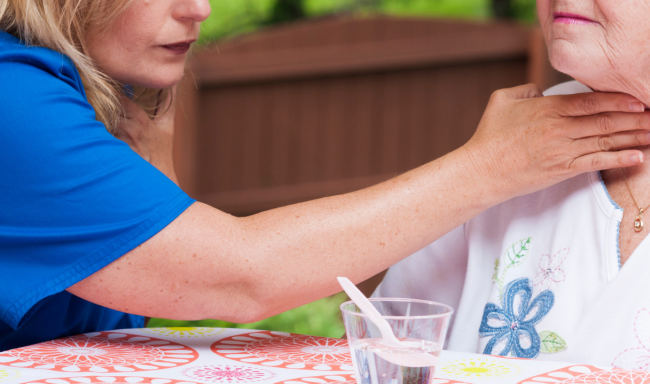A handy guide to travelling with Huntington’s disease.
We will cover the facts as well as your experiences in the hope that it makes planning your next trip that little bit easier. All holidays can come with challenges, but for those with Huntington’s disease or a disability, these challenges can be more difficult.
Over the last few years, more is being done than ever before to make travel more inclusive and accessible. From transport and accommodation to the information available when planning a trip.
Ocean Holidays surveyed those living with a disability in the UK and 51% of disabled respondents said they found holidays stressful with a further 31% saying there was a lack of accessible information. But there is a change in motion. Across the UK, Europe and further afield, there’s now much more focus on inclusion, from transport to hotels and customer service training. Grants and accessibility initiatives are increasingly available to help remove the barriers that once made travel feel out of reach.
For those thinking of a holiday abroad, Europe continues to lead the way in many aspects of accessible travel. Thanks to work from the European Union and tourism boards across the continent, several destinations now offer thoughtful, well-designed services and facilities for disabled travellers. Please see the bottom of this guide for useful links.
If you're thinking about taking your loved one on holiday, here are some key tips to consider:
Highlighting invisible disabilities
You can also wear a Sunflower lanyard which is a recognised symbol for hidden disabilities. These are available in our shop.
Travel insurance
It’s important to make sure your policy covers all possible outcomes. This includes: lost belongings, flight delays, or medical costs that arise from your existing condition. It should also cover rarer factors, like last-minute changes to flights if you need to get home quickly. Finding a policy that covers everything you need can be tough. That’s why you need to be as honest and open about your condition as possible. Failing to do so might mean you don’t get a full payout in the unlikely event that something does happen.
Remember, even if you’re staying within the UK, you’ll need to take out travel insurance if you regularly use a wheelchair and medical equipment or take prescribed medication.
Hiring equipment
Depending on the needs of your loved one, you might want to hire equipment such as hoists, ramps, special mattresses, or backrests. Local disability organisations at your destination may be able to help, or your hotel might be able to arrange this for you.
Step-free access and lifts
When booking accommodation or visiting attractions, check for step-free access throughout key areas, not just the entrance.
Room size and layout
Make sure the room is large enough to move around comfortably, especially if you're travelling with a carer. Look out for information about doorway widths, bed heights, and accessible furniture.
Bathroom adaptations
Accessible bathrooms should have wide doors (check whether they open inwards or outwards), grab rails, and roll-in showers. These features can make a big difference in comfort and safety.
Useful links:
- The Association of British Travel Agents (ABTA) provides advice for accessible travel at every point of contact.
- The UK Civil Aviation Authority can help to resolve travel problems, as well as provide rounded guidance.
- The Equality and Human Rights Commission make sure everyone’s voice is heard.
- Living Made Easy exists to make the day-to-day lives of those with a disability much simpler.
- The Government offers foreign travel advice on a country-by-country basis.
- The Disabled Persons Transport Advisory Committee offers routine updates for those wanting to get away.
It’s important to know that help is available if you know where to look. Please read our other tips on travelling with Huntington’s disease that include disability rights on transport and travelling with medication. For further reading, Skyscanner produced an article on 'Travel rights for disabled people'.






